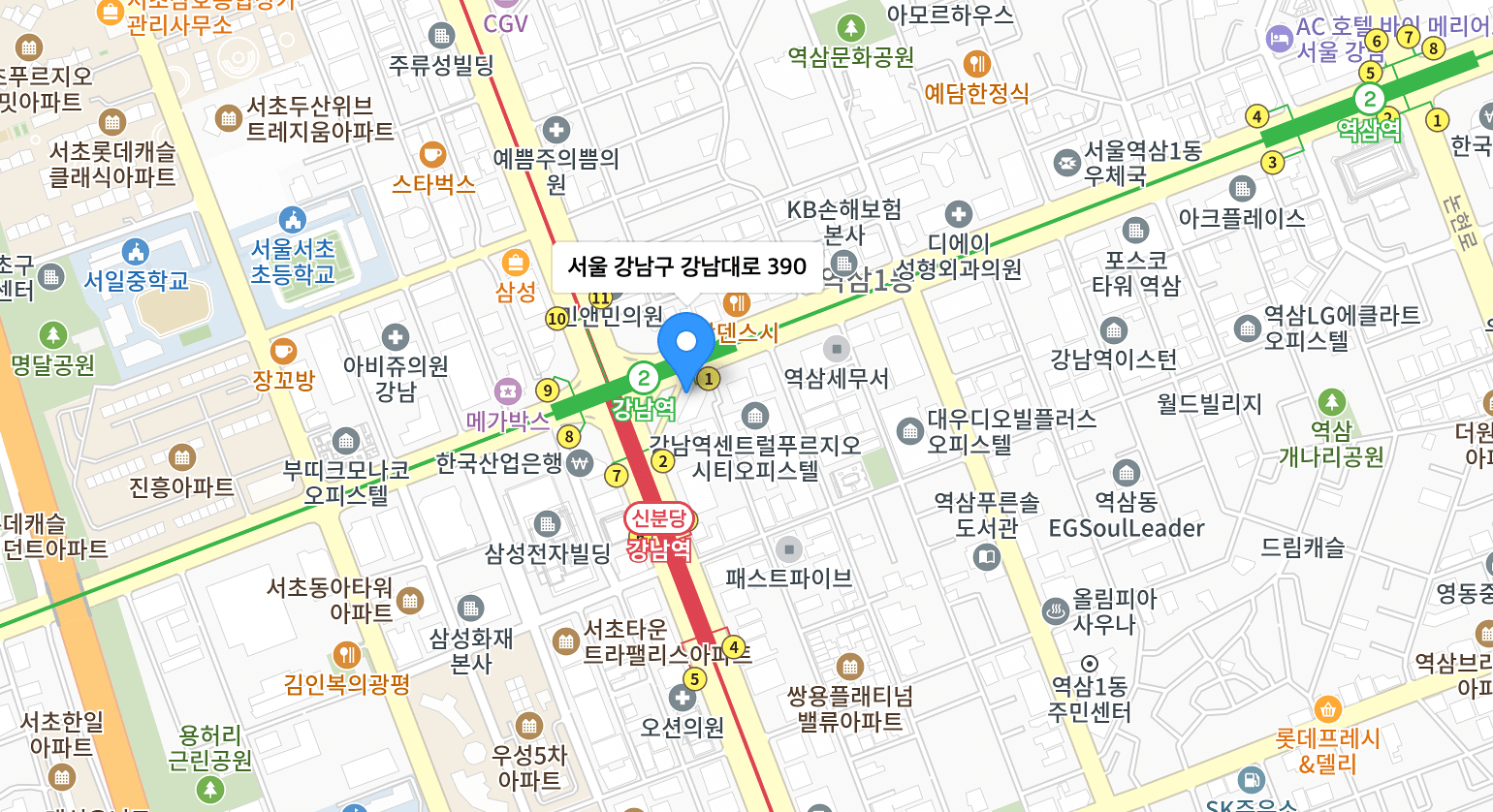Emergency Contraception in Korea
What Is Emergency Contraception?
Emergency contraception (EC) is a time-sensitive method used to prevent pregnancy after unprotected sex or contraceptive failure. It works primarily by delaying ovulation, preventing fertilization, or inhibiting implantation.
Emergency contraception is intended for emergency use only and is not a substitute for regular birth control methods.
Who Should Consider Emergency Contraception?
Emergency contraception may be recommended if:
- You had unprotected sex
- Your condom broke or slipped
- You missed birth control pills
- You were sexually assaulted
- You experienced contraceptive failure (e.g., diaphragm or sponge dislodged)
Types of Emergency Contraception in Korea
Levonorgestrel Pills (Plan B Equivalent)
- Must be taken within 72 hours after unprotected sex
- Effectiveness decreases over time
- Available under brand names like Postinor or Norlevo
Ulipristal Acetate (Ella Equivalent)
- Can be taken up to 120 hours (5 days) after unprotected sex
- Prescription-only in Korea
- Maintains higher effectiveness for a longer time
Is Emergency Contraception Available Over the Counter in Korea?
No. In Korea, all emergency contraception pills are prescription-only. You must visit a doctor or gynecologist to obtain a prescription.
How to Get Emergency Contraception in Korea
- Visit a gynecology clinic, women’s health center, or hospital
- Explain your situation during the consultation
- Receive a prescription from the doctor
- Purchase the medication at a pharmacy
Some international clinics in Seoul offer services in English for foreign patients.
Cost of Emergency Contraception in Korea
The cost of emergency contraception includes the doctor’s consultation and the medication itself:
- Emergency pill: 30,000 to 60,000 KRW (approximately 25 to 50 USD)
- Doctor’s consultation: 10,000 to 30,000 KRW
Side Effects of Emergency Contraception
- Nausea and vomiting
- Dizziness or headache
- Fatigue
- Irregular menstrual bleeding
- Breast tenderness
- Temporary changes in the menstrual cycle
If vomiting occurs within 2 hours of taking the pill, another dose may be required.
Alternatives to Emergency Contraception
- Copper IUD insertion within 5 days of unprotected sex
- Regular birth control methods for ongoing protection
- Condoms to prevent pregnancy and sexually transmitted infections (STIs)
Important Considerations
- Emergency contraception does not protect against STIs
- It is not 100% effective; take a pregnancy test if your period is delayed
- Do not use emergency contraception as a regular birth control method
- Consult with a qualified doctor for guidance on long-term contraception options
Emergency contraception in Korea is
accessible through clinics and hospitals but requires a prescription. For timely and effective use, it’s essential to act
as soon as possible after unprotected sex.

